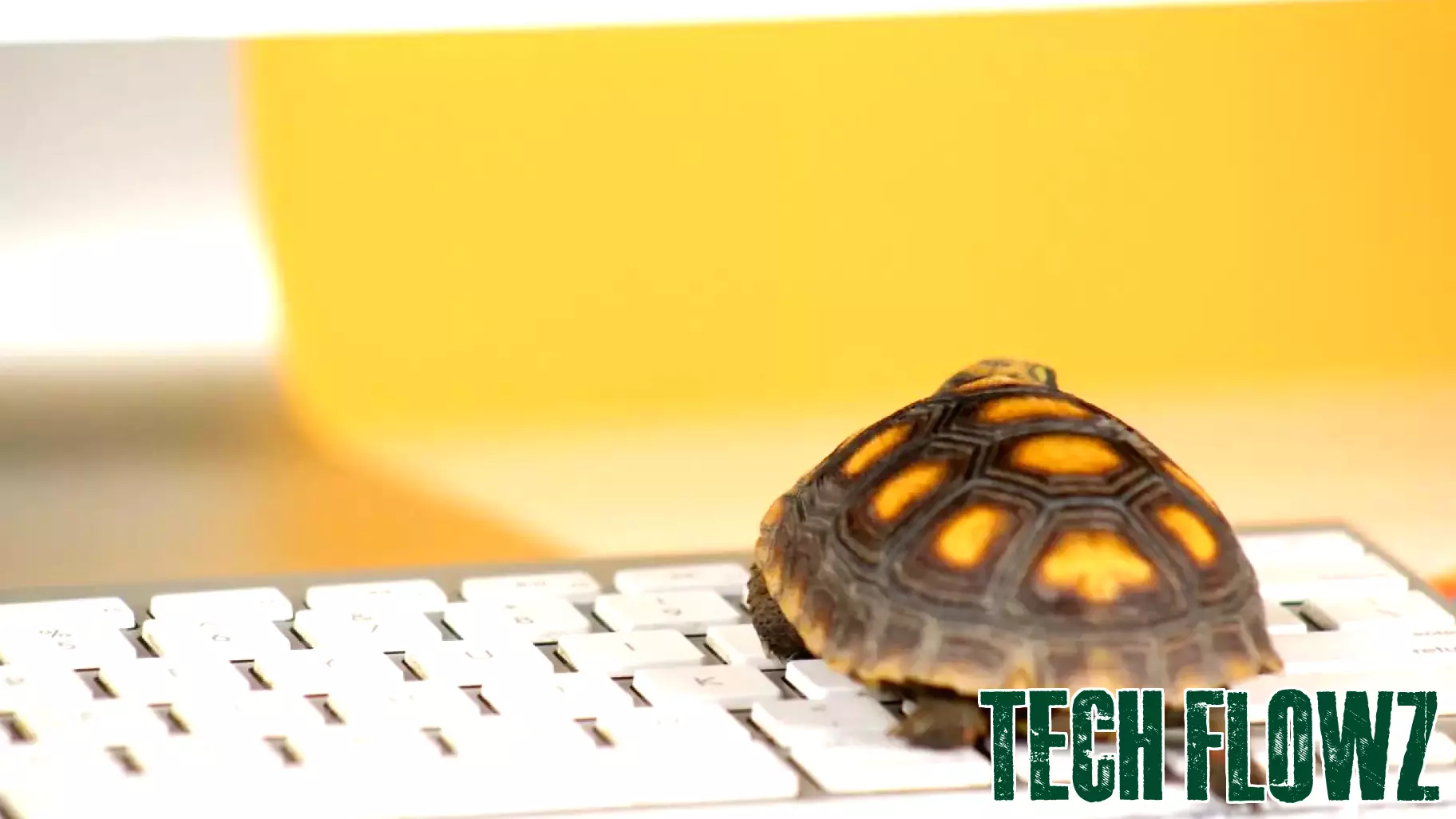Human Biology: A Model for Energy-Efficient Computing
February 2, 2025 - 18:43

Recent advancements in the field of computing have highlighted the potential of biological systems to revolutionize energy consumption in technology. Unlike traditional electronic devices that require significant power to operate at high speeds, biological computers could function effectively at a slower pace while consuming far less energy. This innovative approach draws inspiration from the efficiency of human biology, which has evolved over millions of years to optimize energy use.
The concept of biological computing leverages the natural processes of living organisms, which can perform complex calculations using minimal resources. By mimicking these biological processes, researchers aim to develop computing systems that not only reduce energy consumption but also enhance computational capabilities. This shift towards slower, more energy-efficient computing could have profound implications for various sectors, including data processing, artificial intelligence, and environmental sustainability.
As the demand for energy-efficient technologies continues to grow, the exploration of biological computing stands out as a promising avenue for future innovations. The integration of biological principles into computing could pave the way for a new era of technology that prioritizes sustainability without compromising performance.
MORE NEWS

February 22, 2026 - 13:40
Nine-kilometre outback goat trap catching thousands and paying for itselfA remarkable nine-kilometre fence, dubbed a `goat trap,` is delivering extraordinary results on a remote Australian station, capturing thousands of feral animals and already recouping its cost....

February 21, 2026 - 04:06
The Hidden Danger in Your Voice: Protecting Identity in the Age of AIThe unique sound of your voice may be a growing privacy liability. New research indicates that the countless personal cues embedded in speech are becoming increasingly vulnerable to exploitation by...

February 20, 2026 - 22:50
A Digital Divide Emerges in the Restaurant ExperienceA new industry report highlights a significant perception gap between restaurant operators and their customers regarding the impact of technology. While many businesses are investing heavily in...

February 20, 2026 - 11:03
Milton company partners with VA company to promote drone technologyA new partnership is taking flight to advance the future of unmanned aerial systems. Appalachian Unified Aerospace, based in Milton, has announced a strategic collaboration with MITRE, a...